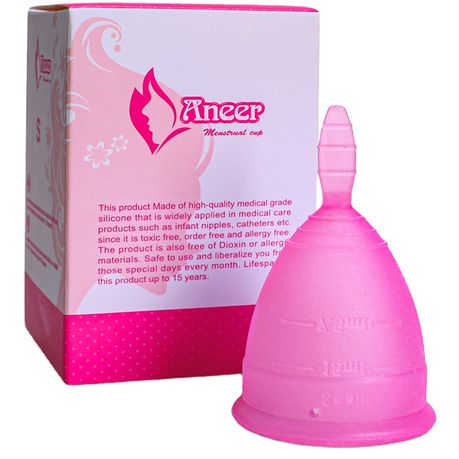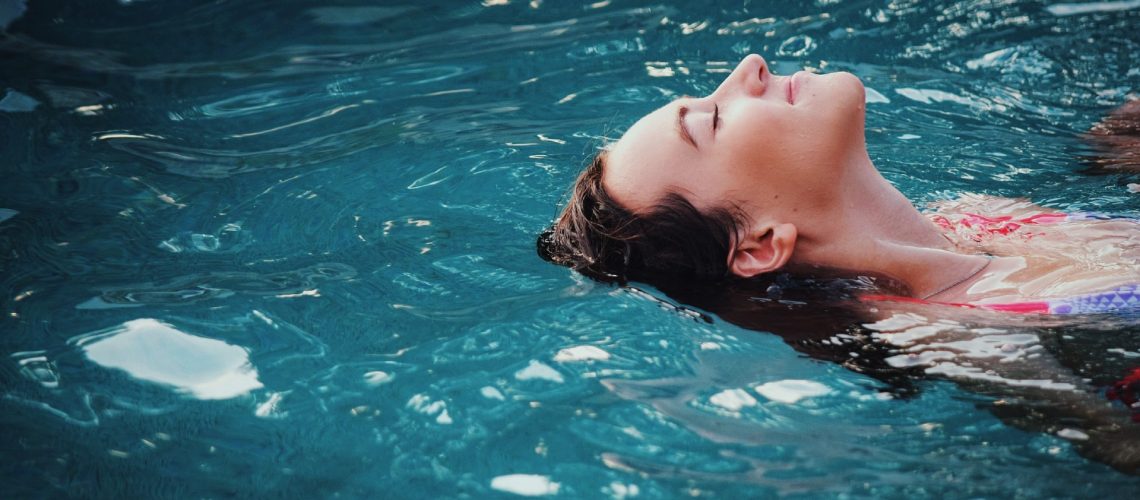There are many myths surrounding swimming on your period, which can add to the worry and confusion. But swimming is a great way to stay active, cool off during hot summer days, and unwind after a long day. However, for people who menstruate, swimming during their period can be a daunting experience. Here, we’ll debunk some of the most common myths about swimming on your period.
Myth 1: Swimming on your period is unhygienic
This is one of the most widespread myths about swimming on your period. Menstrual blood is not dirty or unclean. It is a natural bodily function that happens to half of the world’s population. As long as you use a menstrual product such as a tampon or menstrual cup, you can swim with confidence.
Myth 2: Swimming on your period attracts sharks
Some people believe that the smell of menstrual blood can attract sharks, which can be dangerous when swimming in the ocean. However, there is no scientific evidence to support this claim. Sharks are attracted to amino acids in the blood, and since there is a dispersal of blood in water, there is very minimal chance of being attacked by a shark, even when on your period.
Myth 3: Swimming on your period will make your period last longer
Your period is controlled by hormones, and swimming has no effect on the length of your period. It is important to remember that everyone’s menstrual cycle is different, and there is no one-size-fits-all answer to how long your period will last.
Myth 4: You can’t use a tampon or menstrual cup while swimming
Using a tampon or menstrual cup is the most effective way to swim while on your period. It allows you to move freely without worrying about leaks or stains. Make sure to change your tampon or empty your menstrual cup regularly, as you would any other day.
Myth 5: You can’t swim on your heaviest day
If you use a tampon or menstrual cup, you can swim any day of your period. If you choose to swim without a tampon or menstrual cup, know that you might still bleed while in the water. It’s important to remember that everyone’s period is different, and what may be a heavy flow for one person may not be for another. The key is to use the right absorbency product for your flow.
The fear of leaks, stains, and embarrassment can make it difficult to enjoy swimming while on your period. But with the right preparation and mindset, swimming during your period can be stress-free and enjoyable time. Here are a few tips to get you through the experience:
Use the Right Products
There are a variety of menstrual products available, including tampons, pads, menstrual cups, and period underwear. Choose a product that you feel comfortable with and that suits your needs. Tampons are a popular choice for swimmers as they are discreet and don’t impede movement in the water.

Aneer Menstrual Cup
Feel safe and secure while swimming on your period with this menstrual cup, able to hold its own while you’re working out, swimming or doing literally anything else.
Plan Ahead
To minimize stress and discomfort, plan ahead before your swim. Choose a swimsuit that you feel comfortable and confident in. Dark colors and patterns can help conceal any potential leaks or stains. You can also wear a rash guard or swim shirt to provide extra coverage and protection.
Stay Active
Swimming can actually help alleviate menstrual cramps and discomfort. The buoyancy of the water can provide relief for sore muscles and help improve circulation. Staying active during your period can also help boost your mood and energy levels.
Stay Hygienic
Change out of your wet swimsuit as soon as possible and rinse off in the shower. Avoid wearing a wet swimsuit or underwear for extended periods of time as this can create a breeding ground for bacteria. Make sure to properly clean and store your menstrual products to avoid contamination.
Take Care of Yourself
Listen to your body and take breaks if you need to. Stay hydrated and nourished with healthy snacks and drinks. Use relaxation techniques like deep breathing or meditation to manage stress and anxiety.
Sources: Outside Online









